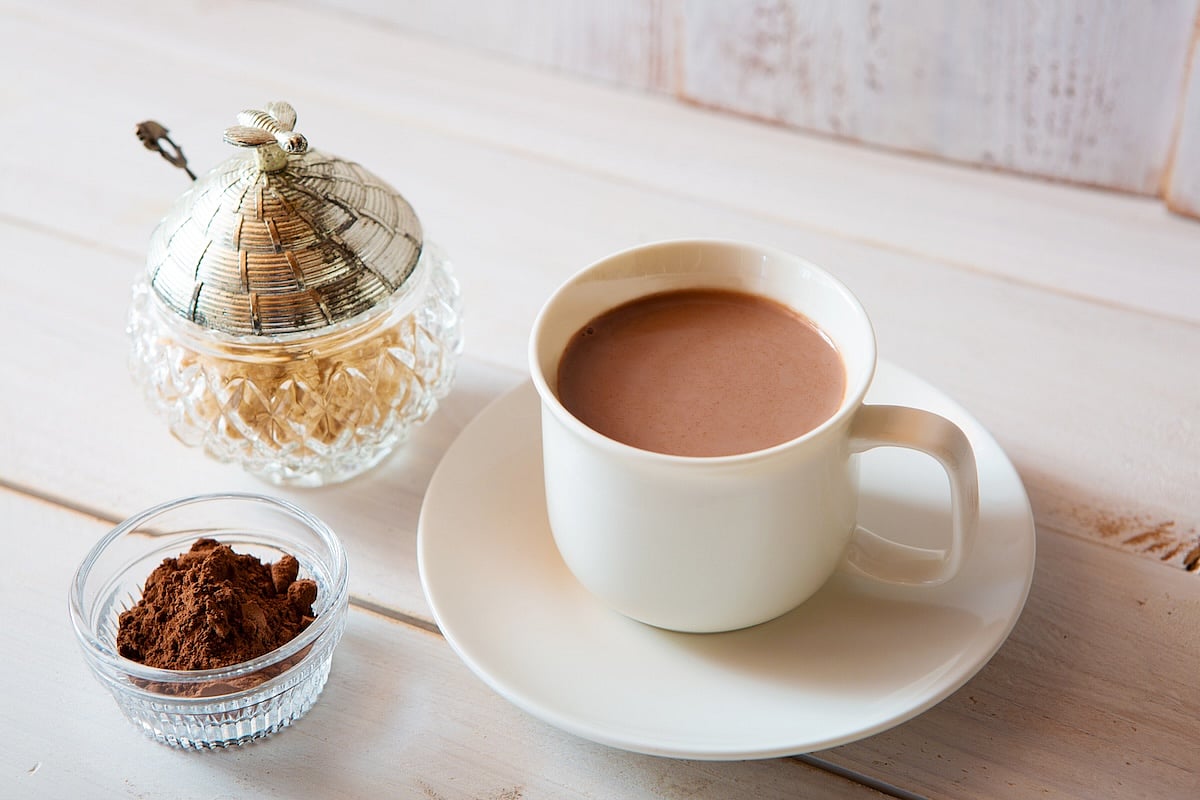Due to a recent change in our pharmacy software system, the process for submitting refill requests online has now changed.
Our previous mobile app and your current login credentials will no longer work.
Please click the Refill Prescriptions tab to begin the new process.
Thank you for your patience during this transition.
Now offering hormone and vitality management consults!
Call 706-886-3119 for more information.
Get Healthy!

- Posted October 30, 2025
Sitting For Long Periods? Sip Cocoa Or Munch Berries To Protect Heart Health, Experts Say
A hot cup of cocoa or tea, an apple or a bowlful of berries might help protect the heart health of couch potatoes or desk jockeys, a new study suggests.
Those foods and drinks are all rich in plant chemicals called flavanols, and a lab experiment showed that they might prevent blood vessel problems caused by too much sitting, researchers reported Oct. 29 in The Journal of Physiology.
“Consuming high-flavanol foods and drinks during periods spent sitting down is a good way to reduce some of the impact of inactivity on the vascular system,” said senior researcher Catarina Rendeiro, an assistant professor of nutritional sciences at the University of Birmingham in the U.K.
“Given how common sedentary lifestyles have become and the increased risk this can have to vascular health, using flavanol-rich food and drink, especially in combination with breaking up periods of inactivity by going for a short walk or standing up, could be a good way to enhance long-term health, no matter the individual’s fitness level,” she said in a news release.
Previous studies have linked hardened arteries to an increased risk of heart disease, strokes and heart attacks, researchers said in background notes. Prolonged sitting is known to at least temporarily impair blood vessel flexibility, increasing blood pressure.
“Whether we are sitting at desks, behind the wheel of a car, on a train, or on the sofa reading a book or watching TV, we all spend a lot of time seated,” Rendeiro said. “Even though we are not moving our bodies, we are still putting them under stress.”
Flavanols occur naturally in some fruits, tea, nuts and cocoa beans, researchers said, and have been shown to protect blood vessel health during periods of mental stress.
To see whether flavanols might help protect blood vessel health, researchers recruited 40 healthy young men – 20 with a higher level of fitness and 20 who were less fit.
All the men consumed either a high-flavonol or low-flavonol cup of cocoa, and then sat still for two hours.
Everyone who drank the low-flavonol cocoa experienced a reduction in the flexibility of their arm and leg arteries, suggesting that better fitness won’t necessarily protect people from the detrimental effects of sedentary behavior, researchers said.
However, everyone who drank the high-flavonol cocoa did not experience such reductions, regardless of their fitness levels, the study showed.
“Importantly, after the high-flavanol drink, both fitter and less-fit participants kept their (arterial elasticity) the same as it was before sitting for two hours,” researcher Sam Lucas, a professor of cerebrovascular, exercise and experimental physiology at the University of Birmingham, said in a news release.
This is the first study to show that flavanols might protect against blood vessel problems related to sitting around and that this protection is independent of a person’s physical fitness, researchers said.
“It is actually quite easy to add high flavanol foods to your diet,” lead researcher Alessio Daniele, a doctoral student at the University of Birmingham, said in a news release.
“There are cocoa products available in supermarkets and health stores which are processed through methods that preserve flavanol levels,” Daniele said. “If cocoa isn’t your thing, fruits like apples, plums and berries, nuts, and black and green tea are all common kitchen staples and are readily available.”
More information
Harvard Medical School has more on flavonoids.
SOURCE: University of Birmingham, news release, Oct. 29, 2025

